28 December 2024
When you think about core strength, what comes to mind first? Six-pack abs? Crunches? Maybe those intense core exercises you see elite athletes doing on social media? Sure, a strong core can give you that Instagram-worthy midsection, but it’s so much more than just aesthetics. In fact, your core is the unsung hero behind many athletic movements, and its role in athletic performance is much broader than most people realize.
Whether you’re sprinting on the track, swinging a tennis racket, shooting a basketball, or even just balancing on one leg, your core is involved in almost every movement. It’s not just about looking good—it’s about moving well, preventing injury, and performing at your best. So let’s dive into why core strength is one of the most critical factors in athletic performance and why you should be paying much more attention to it.

What Exactly Is the Core?
Before we get into the specifics, let’s clear up one thing: your core is not just your abs. Your core consists of a group of muscles that run deep within your torso, including your abdominals, obliques, lower back, hips, and even parts of your glutes. Think of your core as the central link connecting your upper body to your lower body—it’s the anchor point for almost all movement.Imagine your body is like a tree. Your arms and legs are the branches, and your core is the trunk. A weak trunk means those branches can’t hold up well, right? Similarly, if your core is weak, your limbs will struggle to perform optimally, and your movements will lack power, balance, and stability.
The Muscles That Make Up The Core
Here’s a quick breakdown of the main muscles in the core:- Rectus Abdominis: These are your "six-pack" muscles, responsible for flexing the spine.
- Transverse Abdominis: This is the deepest layer of your core, stabilizing your pelvis and spine.
- Obliques: These muscles run along the sides of your torso and help with rotational movements.
- Erector Spinae: These muscles run along your spine and are crucial for maintaining posture.
- Pelvic Floor: Often overlooked, these muscles support your lower organs and contribute to core stability.
- Diaphragm: Yes, your breathing muscle plays a role in core strength, especially in posture and bracing.
Now that we know what muscles make up the core, it’s time to understand how they influence your athletic performance.
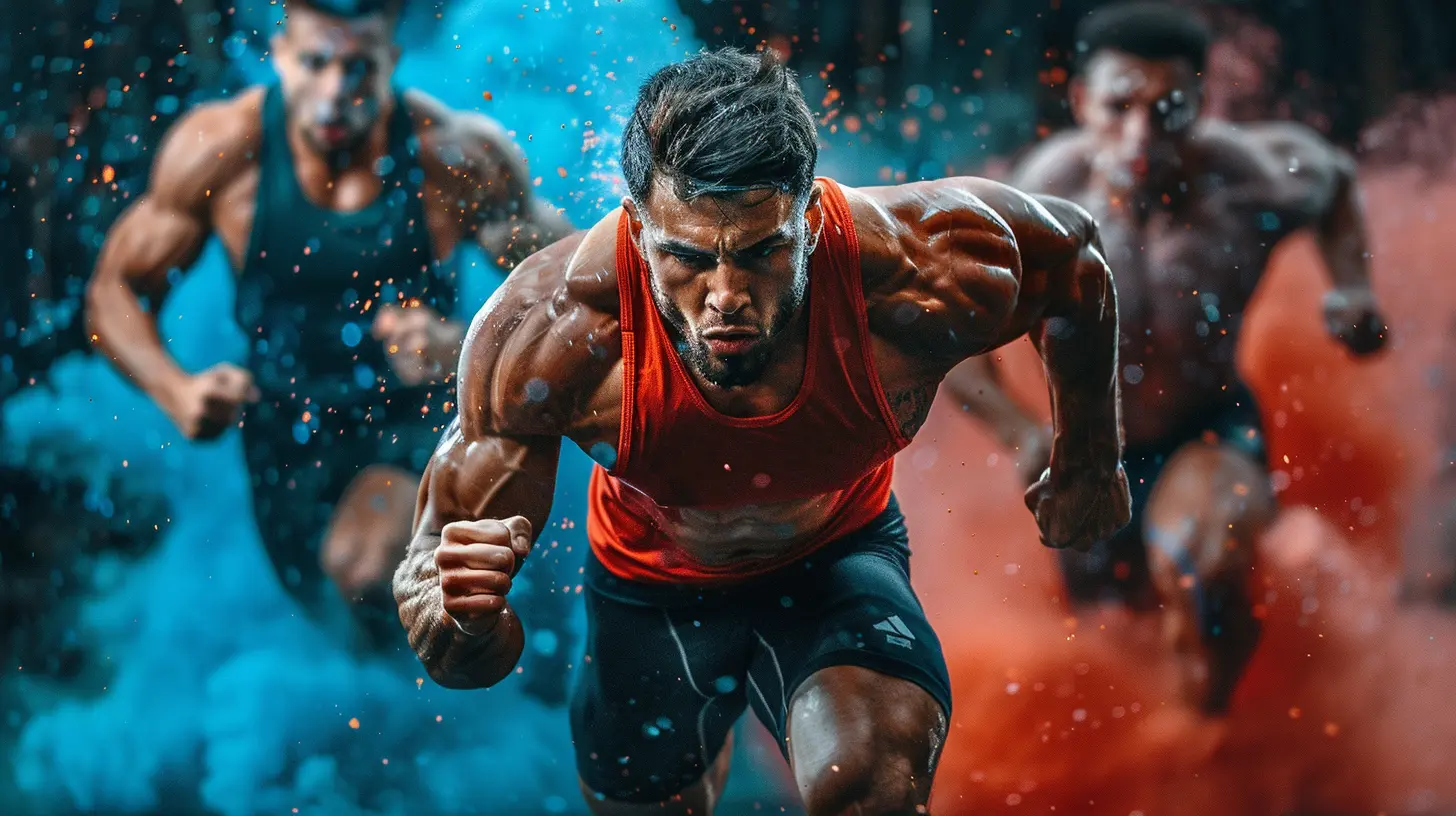
Core Strength Enhances Balance and Stability
Ever tried standing on one leg and noticed how your body wobbles? That’s your core, or lack thereof, showing its true colors. A strong core acts like a stabilizer for your body, keeping you balanced and upright. Whether you’re a soccer player making sharp turns, a gymnast performing a routine, or a basketball player landing after a jump, your core helps you maintain control.Think of your core as the foundation of a house. If the foundation is weak, the entire structure is unstable. Athletes with weak cores are more prone to losing balance, which can lead to poor performance or, worse, injury. A strong, stable core provides a solid base, allowing for more precise and powerful movements.
The Science Behind Core Stability
Core stability refers to the ability of your trunk to remain steady while your limbs move. It’s important because it creates a stable platform for your arms and legs to generate force. Without core stability, you’re essentially building a house on sand—your movements will be shaky, and you'll waste energy.For example, when a basketball player takes a jump shot, their legs generate the force required to jump, but their core ensures that the upper body remains stable, allowing for a smoother, more accurate shot. Without core stability, that force would dissipate, and the shot would likely be off-target.

Core Strength Improves Power and Explosiveness
If you want to be faster, jump higher, or hit harder, your core strength needs to be up to par. Power and explosiveness are critical components of athletic performance, and your ability to generate force starts in the core.Imagine a sprinter coming out of the starting blocks. The power they generate to push off the ground doesn’t just come from their legs—it begins in their core. The core transfers the energy from the lower body to the upper body, allowing the sprinter to propel forward with maximum force. Without a strong core, that energy transfer would be inefficient, and the sprinter would lose precious milliseconds.
Core Strength and Rotational Power
For sports that involve a lot of twisting and turning—think tennis, golf, or baseball—core rotation is key. A weak core means that you’ll struggle to generate power in these rotational movements, which can drastically affect your performance. Powerful swings, throws, and strikes all hinge on your core’s ability to transfer energy from the ground up through your body and into your arms.Let’s take a baseball pitcher, for example. The power of their pitch starts from their legs, moves through the core, and is then transferred to their arm. A weak core would result in less velocity on the pitch because the energy transfer would be incomplete or inefficient.
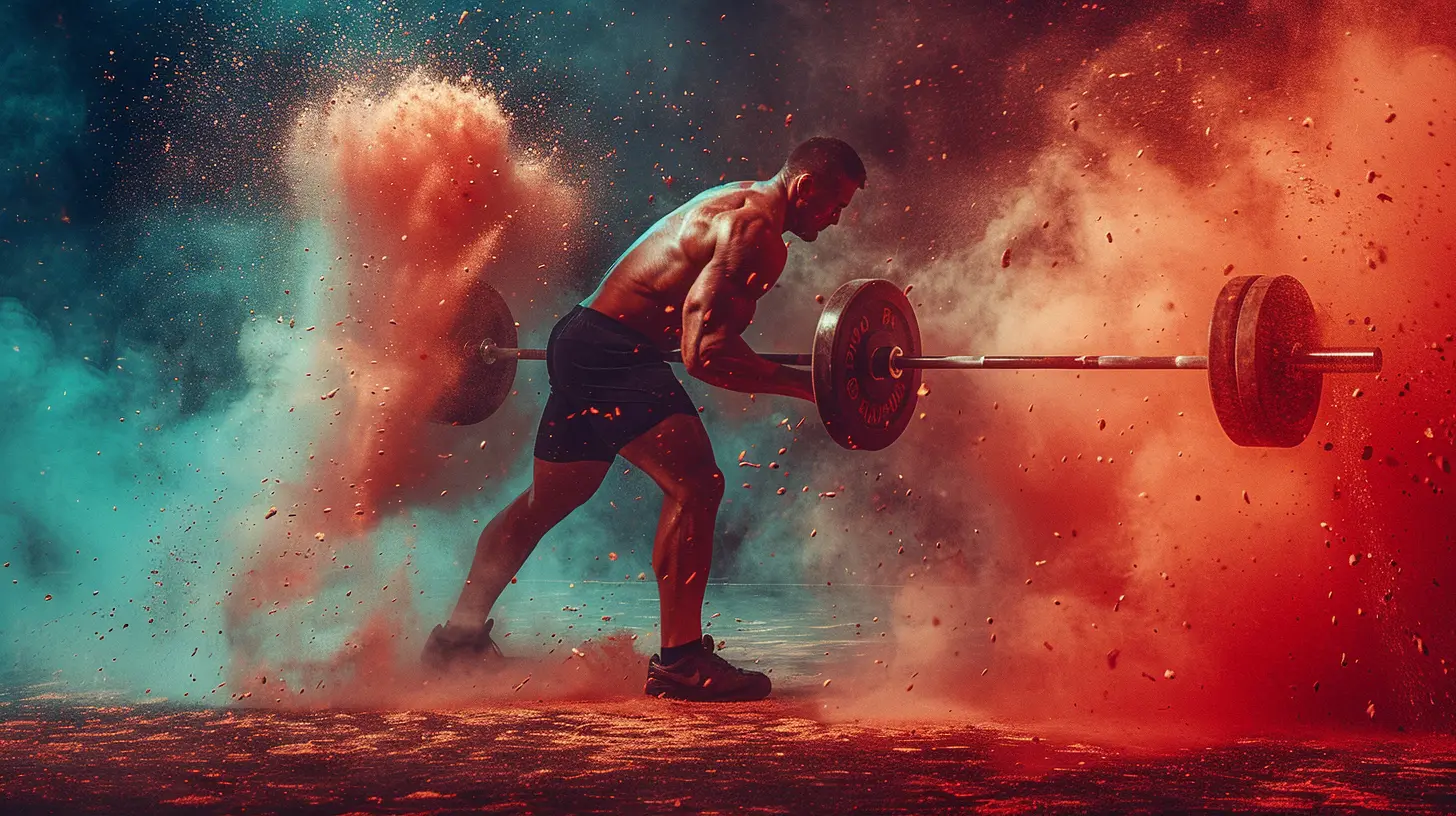
Core Strength Reduces Injury Risk
No athlete wants to be sidelined due to injury, but weak core muscles can make you more susceptible to a wide range of problems, from lower back pain to knee and ankle injuries. A strong core not only improves your athletic performance but also protects your body from harm.The Role of the Core in Injury Prevention
Your core acts like a shock absorber, helping to distribute forces evenly throughout your body. When your core is weak, other parts of your body, such as the knees and lower back, have to compensate. This overcompensation can lead to overuse injuries or improper movement patterns.For example, runners with weak cores often experience lower back pain because their core muscles are not stabilizing their pelvis and spine properly. As a result, their lower back takes on more stress, leading to discomfort and eventual injury.
Additionally, athletes with weak cores are more likely to experience ACL injuries due to poor stability and alignment in the lower body. A strong core helps maintain proper alignment throughout the body, reducing the risk of these types of injuries.
Core Strength Enhances Endurance
When it comes to endurance sports like long-distance running, cycling, or swimming, core strength plays a pivotal role. A strong core helps you maintain good posture and form over long periods, preventing fatigue and inefficiency.The Connection Between Core Strength and Posture
Have you ever noticed how a runner’s form starts to deteriorate toward the end of a race? Their shoulders slump, their back arches, and their stride becomes less efficient. This is often due to a lack of core strength. When your core isn’t strong enough to support your body, your form breaks down, making it harder to maintain your pace and increasing your risk of injury.By strengthening your core, you can improve your posture, allowing you to maintain proper form for longer periods. This translates into better endurance and, ultimately, improved performance.
Core Strength Improves Functional Movement
Functional movement refers to the basic movement patterns that we use in everyday life, such as squatting, bending, twisting, and lifting. A strong core is essential for executing these movements safely and efficiently.In athletic performance, functional movement is critical because it translates directly to sports-specific skills. For example, in football, players need to squat low to tackle or jump for a header. In basketball, athletes need to twist and rotate while dribbling or shooting. All of these movements require a strong core.
The Importance of Functional Core Training
Many athletes make the mistake of focusing too much on traditional core exercises like sit-ups and crunches. While these exercises certainly have their place, they don’t fully address the functional aspect of core strength. Instead, athletes should incorporate exercises that mimic the movements they perform in their sport.For example, a boxer might focus on rotational core exercises to improve the power of their punches, while a soccer player might work on stability exercises to improve their balance and agility on the field. Functional core training is about preparing your body for the specific movements you need in your sport.
How to Build a Strong Core
So, how can you build a core that not only looks good but also enhances your athletic performance?1. Focus on Stability Exercises
Stability exercises like planks, bird dogs, and dead bugs are excellent for building core stability. These exercises force your core muscles to engage and stabilize your body, which is essential for athletic performance.2. Incorporate Rotational Movements
For sports that involve a lot of twisting and turning, incorporate exercises like Russian twists, cable woodchoppers, and medicine ball throws. These exercises will help you generate more power in rotational movements.3. Don’t Forget the Lower Back and Hips
Remember that your core isn’t just your abs. Strengthening your lower back and hips is just as important. Exercises like back extensions, glute bridges, and hip thrusts can help you build a well-rounded core.4. Train Functionally
Incorporate exercises that mimic the movements you perform in your sport. For example, if you’re a tennis player, focus on rotational exercises. If you’re a runner, focus on exercises that improve your posture and stability.Conclusion: Core Strength Is the Foundation of Athletic Performance
When it comes to athletic performance, your core is much more than just your abs. It’s the foundation that supports your balance, stability, power, and endurance. A strong core can help you move more efficiently, reduce your risk of injury, and ultimately perform at your best.So, the next time you hit the gym, don’t just focus on building those six-pack abs. Think about how strengthening your entire core can help you become a better athlete. After all, a strong core is the key to unlocking your full athletic potential.



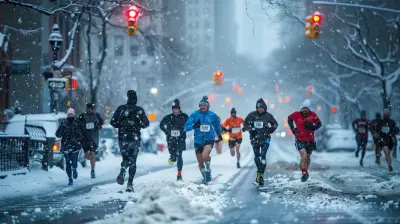
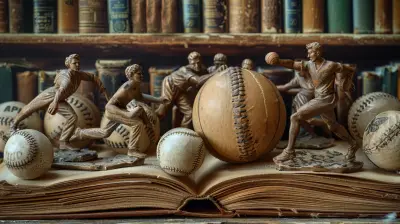
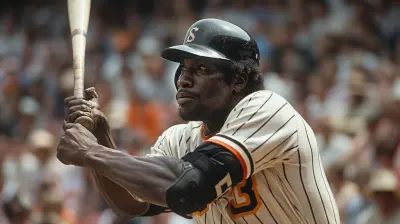
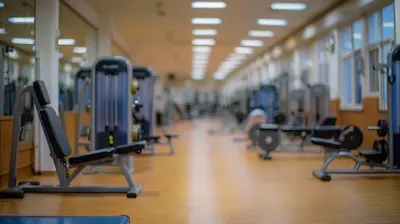
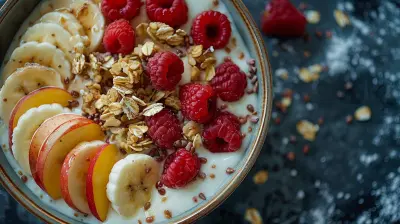


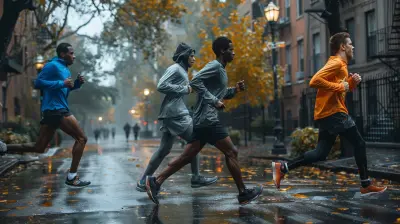

April McCool
Strong cores: secret weapon unlocked!
March 11, 2025 at 5:37 AM